On Wednesday, November 19, 2025, the world will pause for International Men’s Day—not just to celebrate, but to confront a silent epidemic. From 3:00 PM to midnight AEDT in Sydney, a nine-hour global livestream will feature voices from six continents, but the real story isn’t the event—it’s the staggering reality behind it: men are three times more likely to die by suicide than women, yet far less likely to ask for help. The silence isn’t stoicism. It’s survival. And it’s killing them.
The Weight of the Stiff Upper Lip
For decades, masculinity has been tied to silence. To never show fear. To never admit weakness. CWW Mind, a mental health nonprofit serving Coventry, Warwickshire, and Worcestershire in the UK, calls this dynamic a “cultural trap.” Their data shows that while women seek therapy at nearly double the rate of men, men are disproportionately represented in suicide statistics. “It’s not that men don’t feel,” says a senior counselor at CWW Mind. “It’s that they’ve been taught to bury those feelings until they’re too heavy to carry.”That pressure doesn’t vanish at work or at home. A man might smile through a tough shift, nod when asked “How are you?”—and go home to sit alone in the dark. The emotional toll is invisible, until it’s not. “Simple questions get brushed off with ‘I’m fine,’” notes CWW Mind. “But ‘I’m fine’ has become the most dangerous phrase in modern masculinity.”
Safe Haven: A Lifeline in Plain Sight
In Coventry, CWW Mind runs Safe Haven, a free, confidential mental health drop-in center open every evening from 6 p.m. to midnight. No referral. No waitlist. Just a quiet room, trained professionals, and peer supporters who’ve been there. “We see men who’ve never spoken about their anxiety until they walked through that door,” says one volunteer. “Some come because their wife told them to. Others come because they couldn’t sleep another night.”Safe Haven isn’t a crisis center—it’s a prevention tool. By offering support during traditional working hours, when isolation peaks and stigma is strongest, it intercepts despair before it becomes irreversible. In 2024, over 1,200 men used the service. Of those, 68% reported a measurable drop in suicidal ideation within four weeks. “It’s not about fixing them,” the counselor adds. “It’s about letting them know they’re not broken for feeling this way.”

November: A Month of Reckoning and Reflection
November has quietly become a pivotal month for men’s well-being. International Men’s Day on the 19th is followed by International Children’s Day on the 20th—a 48-hour window the organizers call “a celebration of the bond between men and the next generation.”This isn’t accidental. The International Men’s Day organization frames November as “the month of the masculine soul,” tying together Movember (focused on physical health), Men’s Equality Month (advocating for equitable access to services), and now, a deeper emphasis on emotional health. “We’re not just asking men to be strong,” says the organization’s public statement. “We’re asking them to be human.”
The Times of India echoed this sentiment in its November 21, 2025, feature, quoting: “Real men build bridges, not walls.” And: “A man becomes extraordinary when he chooses empathy over ego.” These aren’t platitudes. They’re a blueprint.
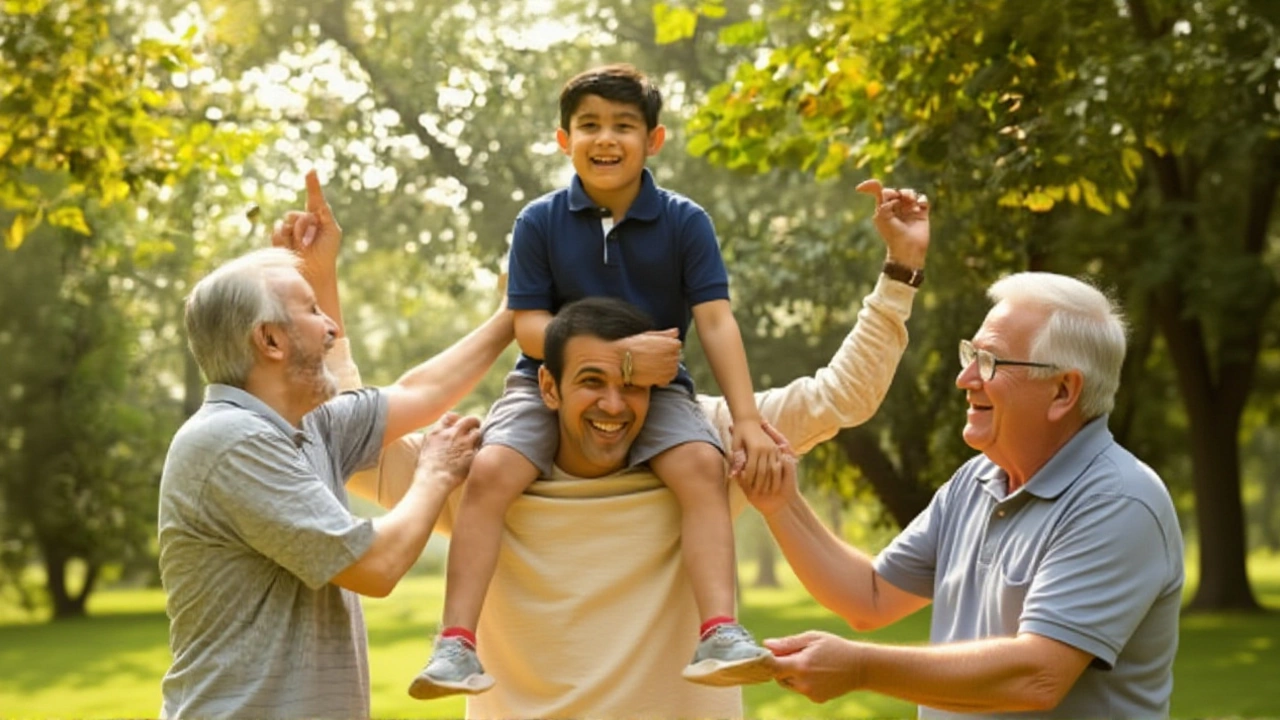
What Needs to Change
Change doesn’t start with grand policy—it starts with a conversation. A father asking his son how school is going, and really listening. A coworker saying, “You seem off. Want to grab coffee?” A friend saying, “I’ve been there too.”Experts agree: the most powerful intervention is normalization. Schools in Australia and the UK are piloting programs where male mentors talk openly about their own struggles. Corporations like Bisley Group are training managers to recognize emotional withdrawal as a red flag—not laziness. And in Sydney, the live broadcast on November 19 will feature fathers, veterans, teachers, and survivors sharing stories they once thought no one wanted to hear.
“We must become the change we seek,” said Mahatma Gandhi. And in this moment, that change looks like a man finally saying, “I’m not okay.” And someone else saying, “I’m here.”
Frequently Asked Questions
Why are men less likely to seek mental health support?
Social norms tied to traditional masculinity often frame emotional expression as weakness. Men are frequently conditioned from childhood to suppress vulnerability, leading many to view therapy as a failure rather than a strength. Data from CWW Mind shows that 72% of men who avoid therapy cite fear of judgment from peers or family as their primary barrier.
How does Safe Haven differ from traditional mental health services?
Unlike clinics requiring referrals or insurance, Safe Haven offers immediate, walk-in access with no cost, no paperwork, and no waiting list. Open evenings when most men are off work, it removes structural and psychological barriers. Its peer-support model—where trained individuals with lived experience guide newcomers—creates trust faster than clinical settings often can.
What’s the connection between International Men’s Day and Children’s Day?
The International Men’s Day organization links the two days to highlight how emotional health in men directly impacts parenting and child development. Studies show children with emotionally available fathers are 50% less likely to develop anxiety disorders. Celebrating both days together reinforces that healthy masculinity isn’t about dominance—it’s about presence.
Is International Men’s Day only for men?
No. The event explicitly invites everyone—women, non-binary people, allies—to participate. The goal isn’t division; it’s understanding. When women ask their partners, brothers, or sons how they’re *really* doing, they become part of the solution. The day’s theme, “Celebrating Men and Boys,” includes recognizing the role others play in creating safe spaces for emotional honesty.
What role does Movember play in this conversation?
Movember focuses on physical health—prostate cancer, testicular cancer, and suicide prevention—while International Men’s Day broadens the lens to emotional and social well-being. Together, they form a two-pronged approach: treat the body, heal the mind. Movember’s fundraising has helped expand mental health programs in 17 countries, including funding for Safe Haven’s evening services.
What can I do right now to help?
Check in—specifically. Don’t say “Let me know if you need anything.” Say, “I’ve noticed you’ve been quiet lately. Want to walk to the park this weekend?” Listen without fixing. Share your own struggles if you can. And if someone says they’re not okay, don’t wait for them to ask for help—offer to go with them to Safe Haven or call a helpline together. Small actions save lives.
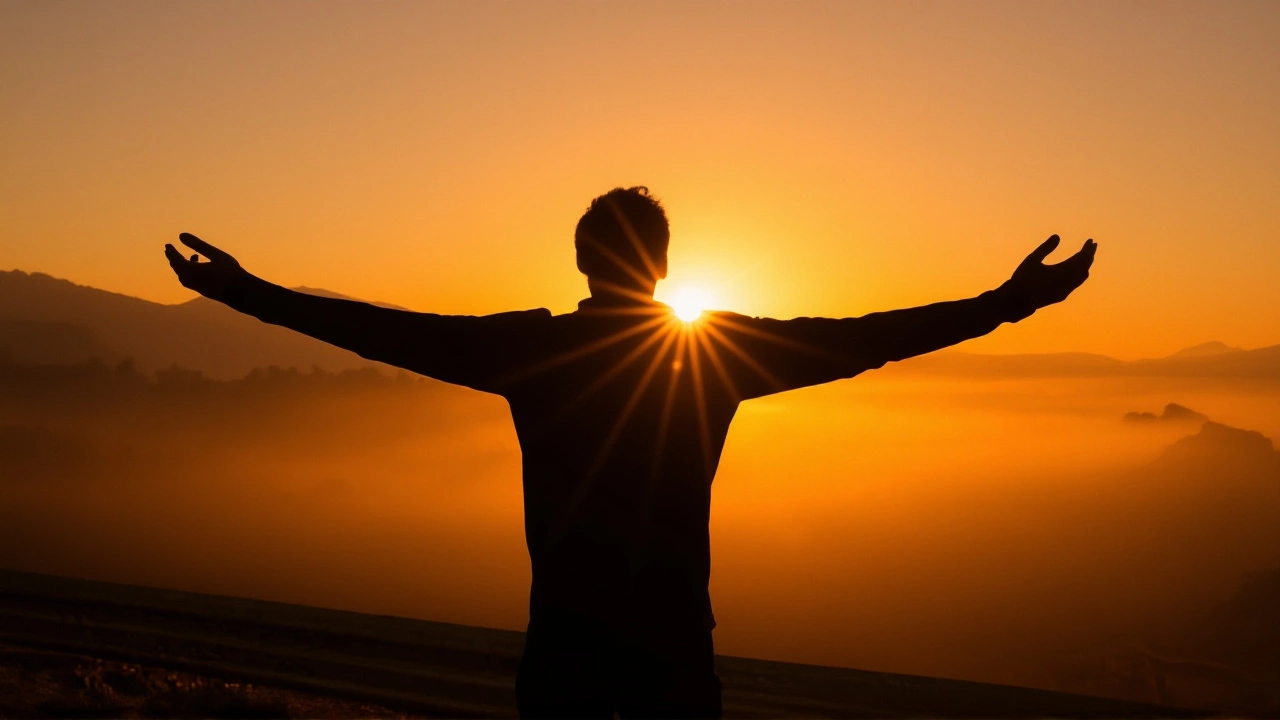
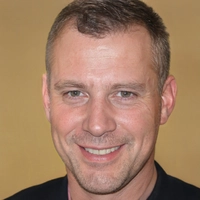
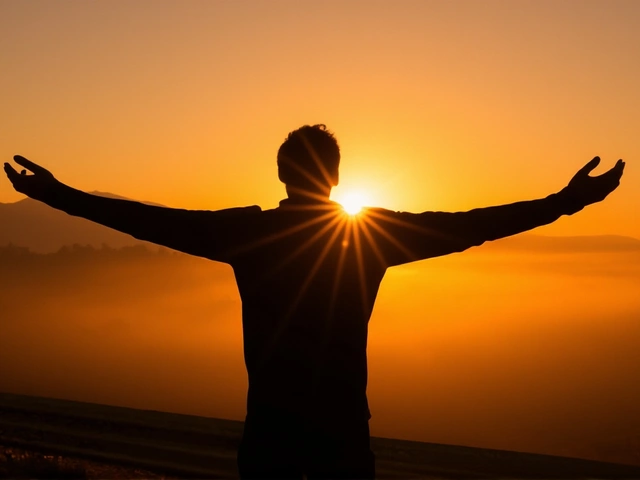

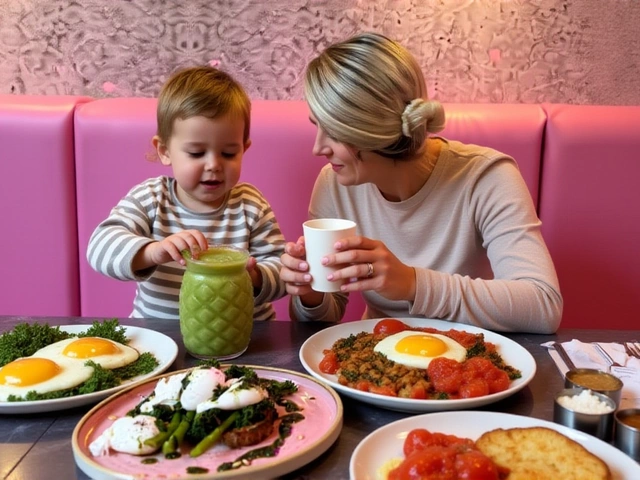

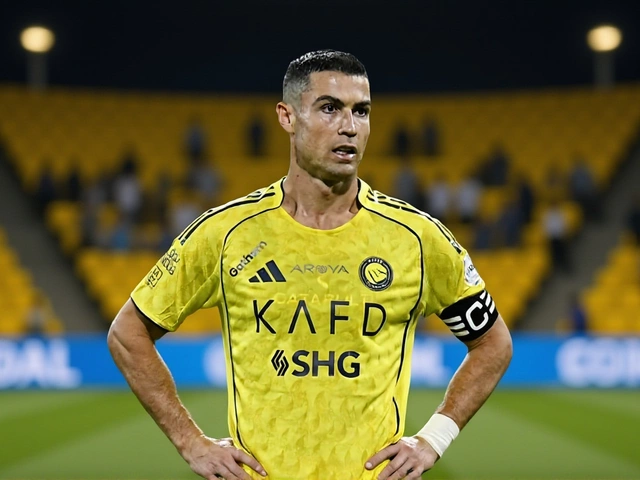
Write a comment